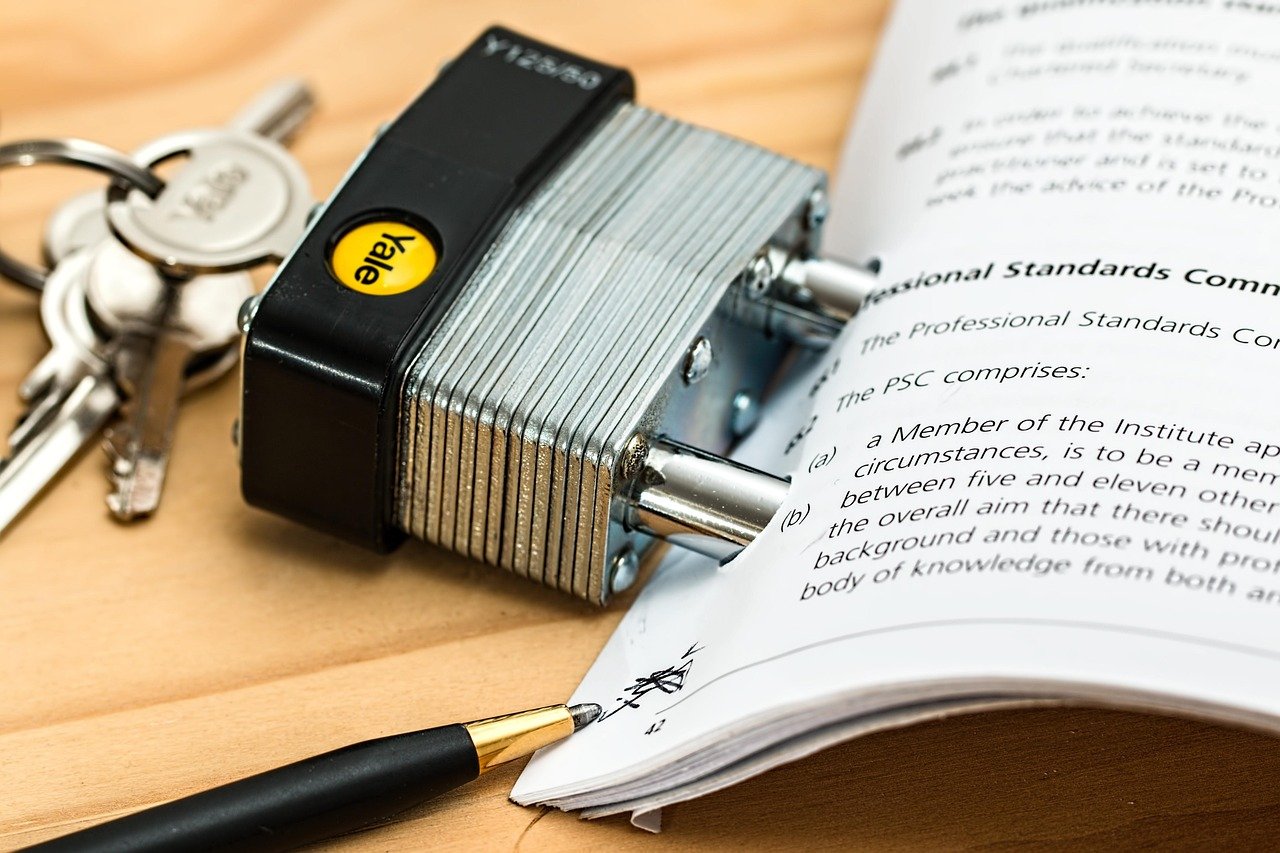Calculating your net worth is more than just an exercise in vanity; it’s a crucial snapshot of your financial health, providing valuable insights into your assets, liabilities, and overall financial progress. Understanding your net worth allows you to set realistic financial goals, track your progress, and make informed decisions about saving, investing, and debt management. Think of it as your financial compass, guiding you toward a more secure and prosperous future.
What is Net Worth?
Defining Net Worth
Net worth is simply the difference between what you own (your assets) and what you owe (your liabilities). It’s a single number that represents your overall financial position at a specific point in time. A positive net worth means your assets exceed your liabilities, while a negative net worth indicates that you owe more than you own.
Why is Calculating Net Worth Important?
Knowing your net worth offers numerous benefits:
- Financial Awareness: Provides a clear picture of your current financial standing.
- Goal Setting: Allows you to set realistic financial goals, such as retirement planning or buying a home.
- Progress Tracking: Enables you to monitor your financial progress over time and make adjustments as needed.
- Debt Management: Highlights areas where you can reduce debt and improve your financial health.
- Investment Decisions: Informs your investment strategies based on your overall financial situation.
For example, understanding your net worth can help you determine if you are on track to retire comfortably or if you need to increase your savings rate. If you have a high debt-to-asset ratio, it can motivate you to prioritize debt repayment.
How to Calculate Your Net Worth
Step 1: Calculate Your Total Assets
Assets are anything you own that has monetary value. This includes, but is not limited to:
- Cash: Checking accounts, savings accounts, money market accounts.
- Investments: Stocks, bonds, mutual funds, ETFs, retirement accounts (401(k), IRA), brokerage accounts.
- Real Estate: Primary residence, rental properties, land. Estimate current market value, not purchase price.
- Personal Property: Vehicles (cars, motorcycles, boats), jewelry, collectibles, valuable artwork. Be realistic about the resale value.
- Business Interests: Ownership stake in a business (estimate its current market value).
Example: Let’s say you have $5,000 in your checking account, $20,000 in your savings account, $100,000 in your 401(k), a home valued at $400,000, and a car worth $15,000. Your total assets would be $540,000.
Step 2: Calculate Your Total Liabilities
Liabilities are what you owe to others. This includes:
- Mortgage: Outstanding balance on your home loan.
- Student Loans: Balance on federal and private student loans.
- Credit Card Debt: Total outstanding balance on all credit cards.
- Auto Loans: Outstanding balance on your car loan.
- Personal Loans: Balance on any personal loans you have.
- Other Debts: Any other outstanding debts, such as medical bills or legal fees.
Example: You have a $200,000 mortgage, $30,000 in student loans, $5,000 in credit card debt, and $10,000 in auto loans. Your total liabilities would be $245,000.
Step 3: Subtract Liabilities from Assets
Now, subtract your total liabilities from your total assets:
Net Worth = Total Assets – Total Liabilities
Example: Using the examples above: $540,000 (Assets) – $245,000 (Liabilities) = $295,000 (Net Worth).
Improving Your Net Worth
Increasing Assets
The most direct way to improve your net worth is by increasing your assets. Here are some strategies:
- Save More: Increase your savings rate by cutting unnecessary expenses and automating your savings.
- Invest Wisely: Invest in a diversified portfolio of stocks, bonds, and other assets to grow your wealth over time. Consider consulting with a financial advisor.
- Real Estate Investments: Explore opportunities to invest in real estate, whether it’s purchasing rental properties or flipping houses.
- Increase Income: Seek opportunities to increase your income through promotions, side hustles, or starting a business.
For example, consider increasing your 401(k) contributions by just 1% per year. Over time, this small change can significantly impact your retirement savings and overall net worth.
Reducing Liabilities
Decreasing your liabilities is equally important in improving your net worth.
- Pay Down Debt: Prioritize paying down high-interest debt, such as credit card debt, to save money on interest charges. Consider the debt avalanche or debt snowball method.
- Negotiate Interest Rates: Contact your lenders to negotiate lower interest rates on your loans.
- Avoid Unnecessary Debt: Be mindful of your spending habits and avoid accumulating unnecessary debt.
- Consolidate Debt: Consider consolidating high-interest debt into a lower-interest loan.
For instance, transferring a high-interest credit card balance to a card with a 0% introductory APR can save you hundreds or even thousands of dollars in interest.
Tracking Your Progress Regularly
Calculating your net worth is not a one-time event. It’s important to track your progress regularly, ideally every month or quarter. This allows you to see the impact of your financial decisions and make adjustments as needed.
Common Mistakes to Avoid
Not Accounting for All Assets and Liabilities
Failing to include all your assets and liabilities will result in an inaccurate net worth calculation. Be thorough and include even seemingly small items.
Overestimating Asset Values
It’s crucial to be realistic about the value of your assets, especially personal property. Research current market values to avoid overestimation.
Neglecting Small Debts
Don’t ignore small debts, such as outstanding medical bills or parking tickets. These debts can add up and negatively impact your net worth.
Only Focusing on Net Worth
While net worth is an important metric, it’s not the only indicator of financial health. Consider other factors, such as your income, cash flow, and debt-to-income ratio.
Conclusion
Calculating and tracking your net worth is a fundamental step toward achieving financial success. By understanding your assets, liabilities, and overall financial position, you can set realistic goals, make informed decisions, and monitor your progress over time. Remember to regularly update your net worth calculation and adjust your financial strategies as needed. Take control of your financial future and start building a stronger net worth today.



